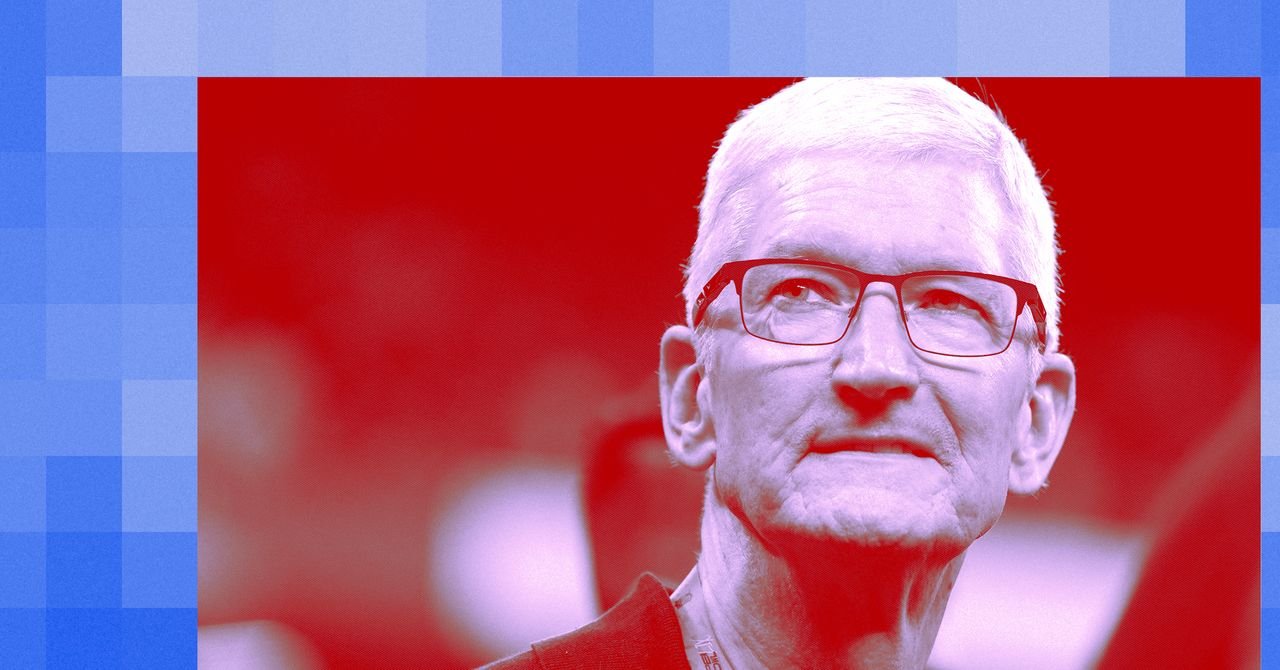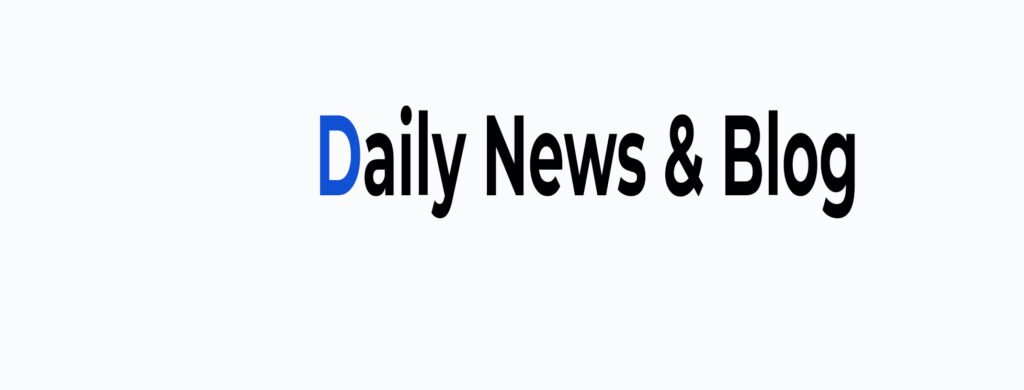
If you logged on to X or Bluesky this past week, you were likely swept up in the onslaught of posts about Trump’s reciprocal tariffs and the plunging stock market. And, if you follow the tech industry as closely as I do, you probably also noticed who wasn’t posting about the tariffs: many of the same tech founders and CEOs who flanked Trump on Inauguration Day in January. Jeff Bezos, Tim Cook, Sundar Pichai, and Mark Zuckerberg have kept mum on the topic of tariffs (although both Pichai and Zuckerberg have continued posting about AI). Meanwhile, Elon Musk—well, we’ll get to that.
The silence was deafening, considering that the “magnificent seven” collectively lost trillions of dollars in market value following Trump’s tariff announcement last week. But there’s a cold logic behind these tech leaders holding their tongues in public—particularly for those who sell hardware. The US has become a highly volatile nation where the whims of the president must be taken into consideration before using any political chip or making a public statement, especially in an environment where that statement could be irrelevant an hour later.
“The sand doesn’t stop shifting long enough to make a cogent statement,” one top communications executive, who has worked closely with two Big Tech CEOs, tells me.
Tech CEOs aren’t actually staying silent. They’re simply lobbying behind the scenes on their own behalf. Niki Christoff, a Washington, DC, political strategist and former aide to Senator John McCain during his 2008 presidential campaign, says most of the strategizing around trade rules—and conversations with Trump’s staff—are happening through back channels right now. “There’s a lot of personal dialing and trying to get deals done,” she claims.
During Trump’s first term, Cook carefully cultivated a direct relationship with the president in order to lobby him on issues like trade and immigration. I have a hard time imagining Cook isn’t using that direct line now. Nvidia chief executive Jensen Huang, who did not attend the inauguration ceremony, reportedly went to a $1-million-a-head dinner at Mar-a-Lago last week. Shortly afterward, the White House walked back plans to implement export controls on some chips that Nvidia sells to China.
Private back channels allow each tech leader to lobby for specific tariff exemptions. The kind of exemptions that would benefit Nvidia, such as more lenient policies on semiconductor imports for GPUs, differ from what Apple might be angling for, considering the company’s supply chain complexity and its reliance on China. “Broadly opposing tariffs is not useful if business leaders can get exemptions on their own products,” Christoff points out.
At the same time tech CEOs are letting trade organizations, like Business Roundtable, which represents a number of big tech firms including Alphabet and Amazon, do some of their lobbying for them, sources tell WIRED. Business Roundtable CEO Joshua Bolten put out a statement urging the administration to “swiftly reach agreements” with its trading partners and to implement “reasonable exemptions.” The CEOs have also been able to hang back while bankers like JP Morgan Chase CEO Jamie Dimon make public assertions about the lasting negative impact of tariffs on the economy, and while billionaire hedge funder Bill Ackman keeps tweeting through it. (And really, what tech CEO wants to be part of a roundup story that also includes the market-cratering tweets of an anonymous X user named “Walter Bloomberg”?)
There have been a few outliers. Amazon CEO Andy Jassy said he believes Amazon’s vast network of third-party sellers might end up passing the cost of tariffs on to consumers. Last week Microsoft CEO Satya Nadella sat alongside Bill Gates and former Microsoft CEO Steve Ballmer for an interview with CNBC’s Andrew Ross Sorkin, who asked about tariffs. Ballmer told Sorkin he “took just enough economics in college to [know that] tariffs are actually going to bring some turmoil” and that the “disruption is very hard on people.”








